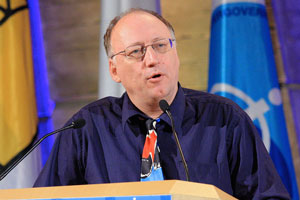Rio+20: ‘Revolution in thinking’ in crucial Earth summit
The UN Conference on Sustainable Development starts today in Rio de Janeiro.
The meeting marks twenty years since the 1992 Earth Summit, when more than 108 heads of State agreed to work together to develop nation strategies to reduce carbon emissions, stabilise greenhouse gas, protect forests from destruction, and pay for their share of the damage caused to the earth through pollution.
There has been a considerable gap between the pledges made and the laws needed to enact them.
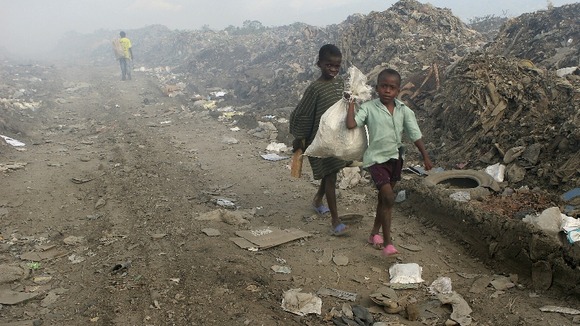
The most important thing to come out of the Rio+20 talks will be for the 193 Member States of the United Nations to agree on a commitment to accelerate action on sustainable development. At the moment this is looking doubtful.
The UN Secretary-General, Ban Ki-Moon, has said the talks are “too important to fail” and has called for a “revolution in our thinking”.
Rio+20 is our opportunity to establish a new paradigm for growth – building on what works, discarding what does not.
We need nothing less than a revolution in our thinking about the foundations of dynamic growth and the well-being of future generations.
A successful outcome in Rio will reverberate throughout the world. It could set the stage for broad-based, equitable and dynamic growth and development for a generation.
– UN SECRETARY-GENERAL BAN KI-MOON
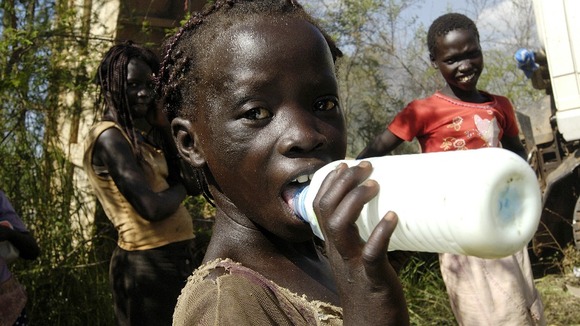
Prime Minister David Cameron will not be attending. Downing Street said he “could not be out of the country” as “these are difficult times, with the challenges of the eurozone”. Many other European leaders will also not attend. Deputy Prime Minister Nick Clegg will lead the UK delegation. Secretary of State Hilary Clinton will lead the United States delegation.
The text of the negotiating document has been debated for months and years. The five main issues on the agenda are:
- Food: How to solve the chronic hunger faced by almost a billion people
- Energy: How to develop sustainable energy for the world’s increasing population
- Water and Sanitation: How to provide water sanitation and access to clean water
- Disaster resilience: How to plan for increased natural disasters brought by climate change
Food:
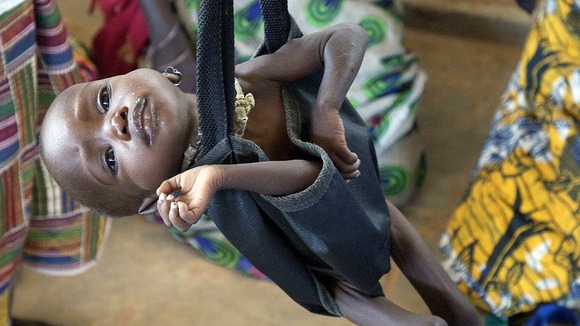
The world is in the midst of a food crisis: international food prices have skyrocketed to their highest level in 30 years. The conference will call for a “major overhaul of the global food and agriculture system”. Here is what is on the agenda:
- Plans to manage food waste: Approximately 1.3 billion tonnes of food are lost per year.
- Increased support for smallholder farmers. Small-scale farmers produce up to 80% of food in the developing world: investing in them is an important way to increase food production.
- Increased rights for women: The UN Food and Agriculture Organisation (FAO) estimate that if women had the same access to land, education and markets as women, the amount of hungry people would be reduced by 100-150 million.
- Pledges to stop ‘land degradation’: More than 24 billion tonnes or fertile soil are lost each year due to changes caused by climate change.
Energy:
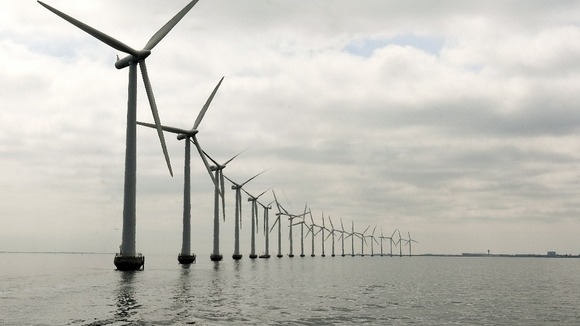
Developed nations continue to rely on fossil fuel energy which damages the local and global environment. Rio+20 will call for nations to do the following:
- Double their energy efficiency by 2030
- Double their renewable energy sources by 2030
- Invest in clean technology: especially in cities which now account for 75% of energy consumption.
The flip side of this will be a drive to provide energy to developing nations. One person in five, or 1.3 billion, do not have access to electricity. Roughly 2.7 billion people rely on wood, coal, charcoal or animal waste for cooking and heating.
Water Sanitation:
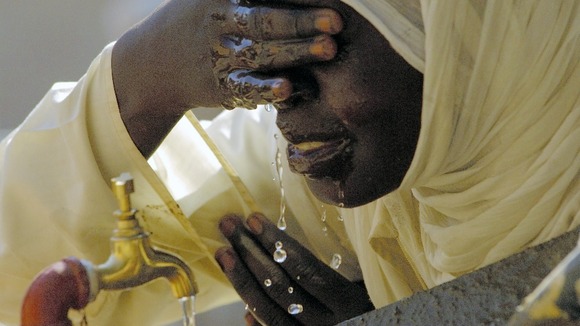
By 2025 two thirds of the world’s population will be living with “water scarcity” or water stress. Businesses in the developed world are being asked to reduce water wastage, and governments are being asked to preserve water resources and use water more effectively. Rio+20 is asking for the following:
- Plans for increased access to water and sanitation: Currently only 63% of people worldwide have access to clean water and sanitation
- Governments to pledge money to sub-Saharan Africa to increase access to water.
- Today 1.6 billion people live in regions with absolute water scarcity.
Disaster resilience:
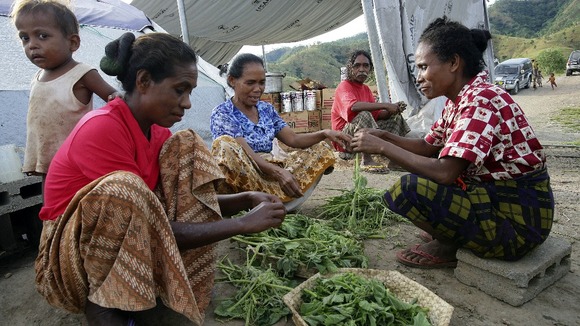
Natural disasters are increasing due to climate change and now affect more than 226 million people every year.
More people are living in areas where they are exposed to the dangers of natural events and over the past forty years more than 3.3 million people have been killed by natural disasters, the overwhelming majority of which live in poorer nations.
Rio+20 want governments to pledge to “‘build disaster resilience” to help be prepared for the threat of natural disasters.
- Each government needs to implement a disaster resilience plan: for developing countries this is crucial.
- Governments need to spend more on planning for natural disasters: currently only 0.7% of total relief aid goes to disaster risk reduction
- Flood relief plans need to be made by all countries: more than 102 million people live with the risk of flooding every year.
Article originally appeared in itv News.
